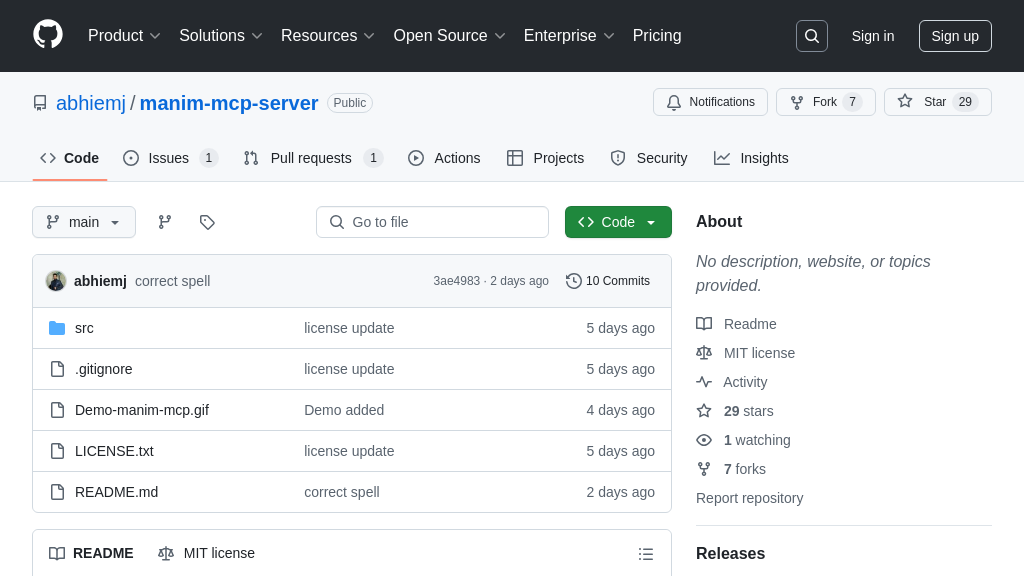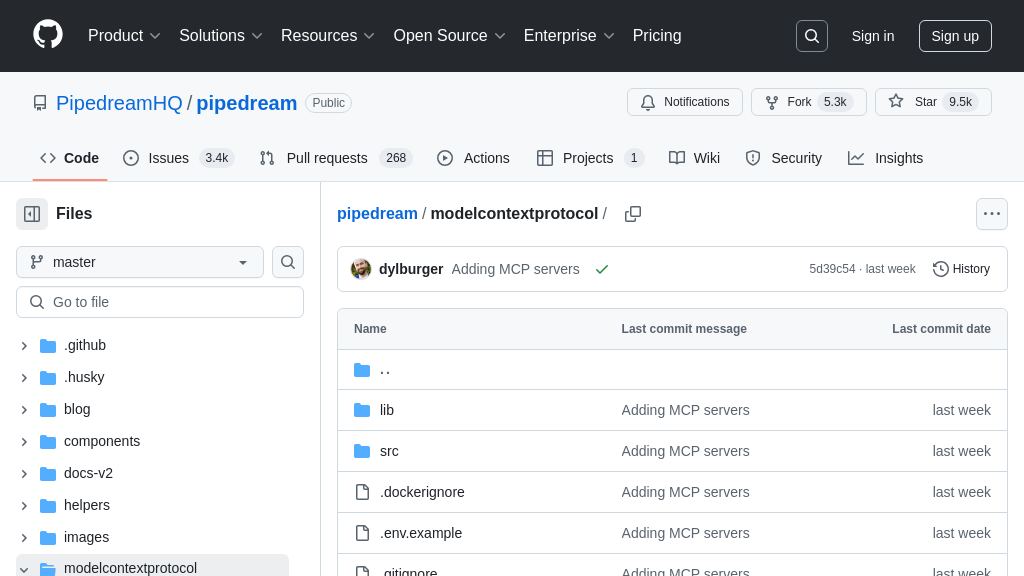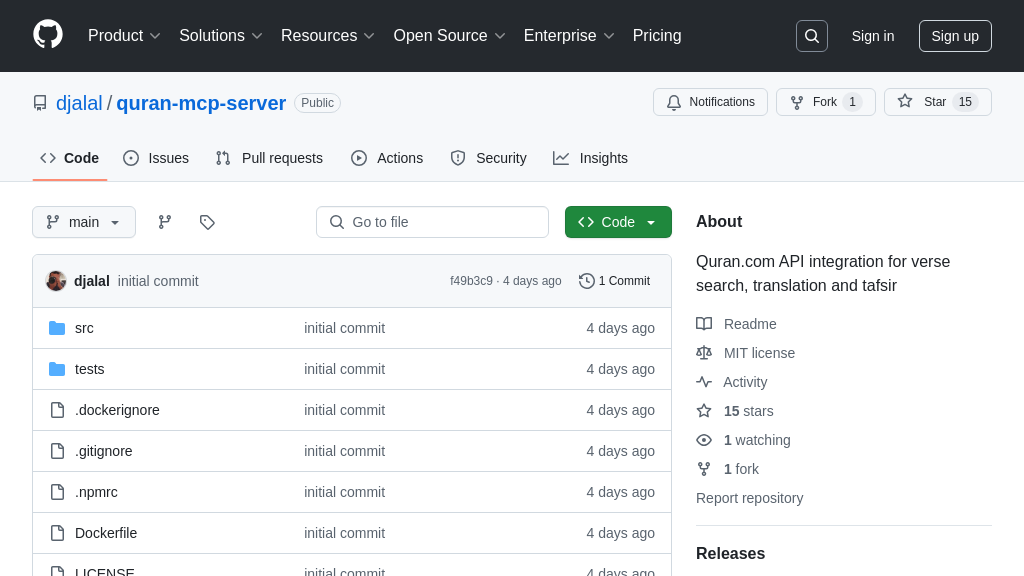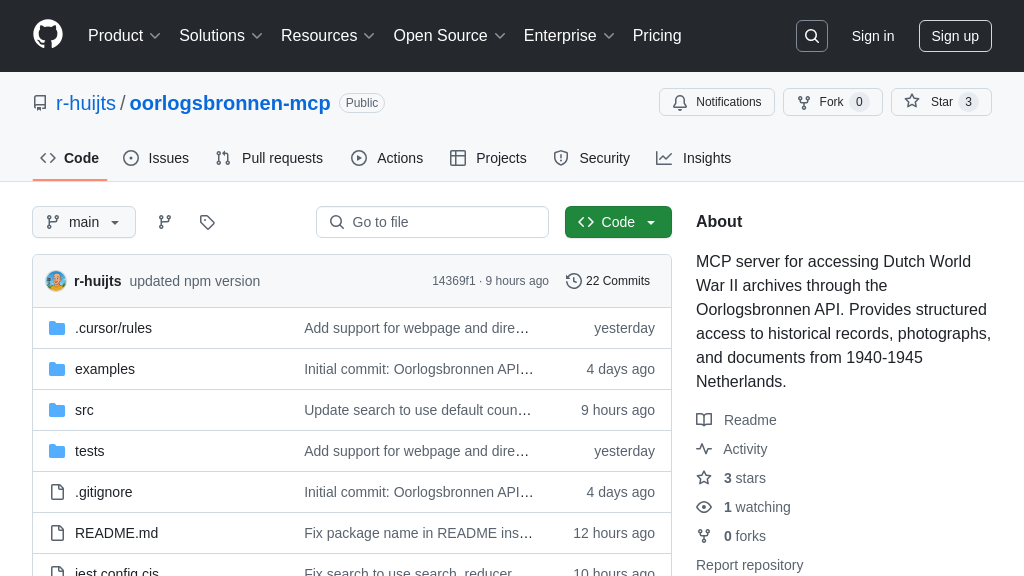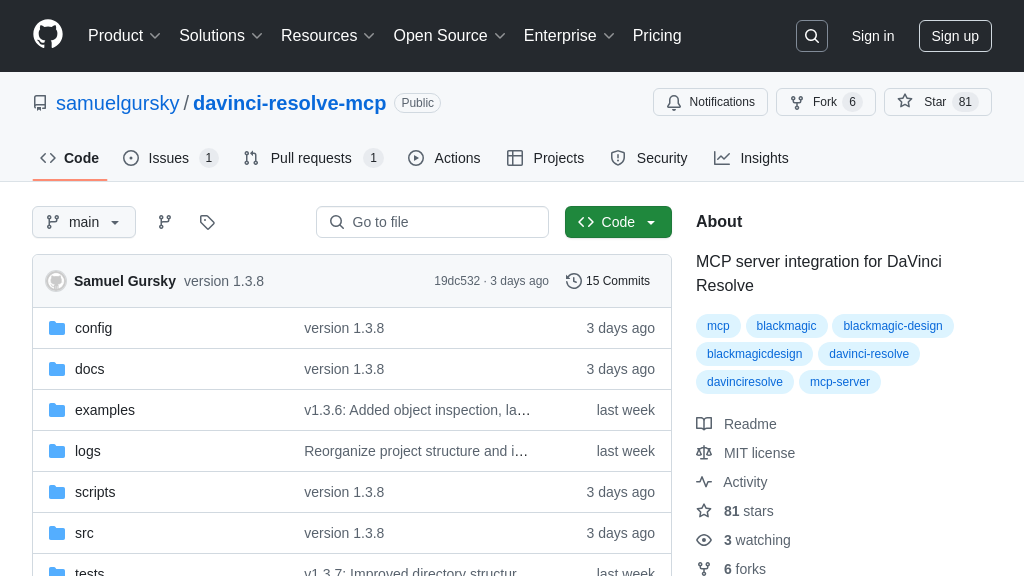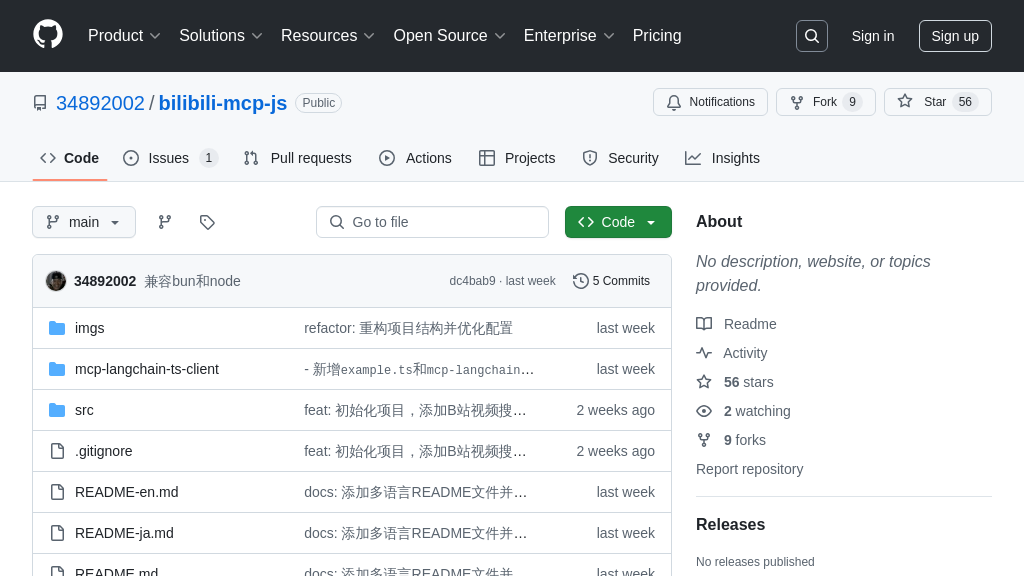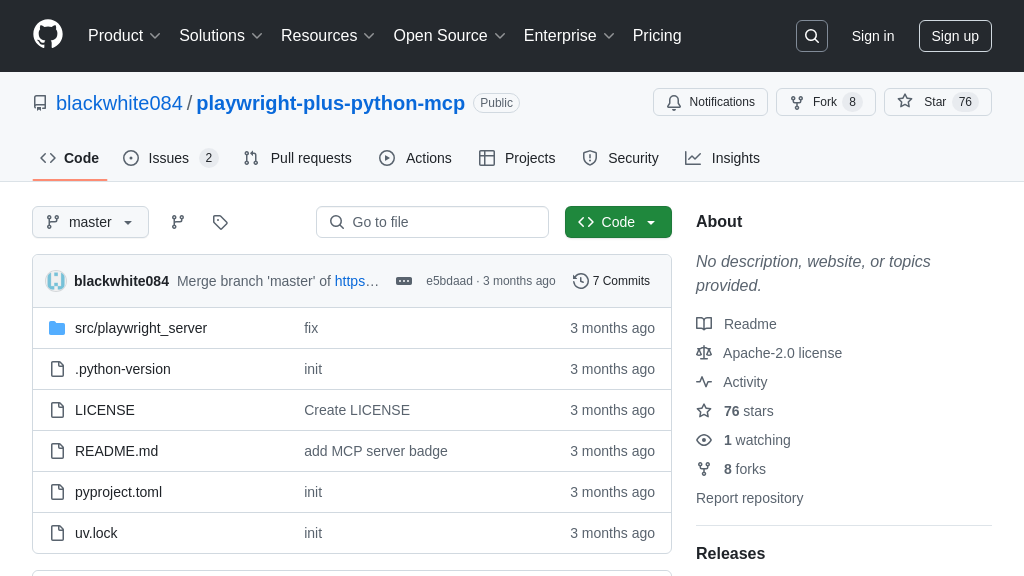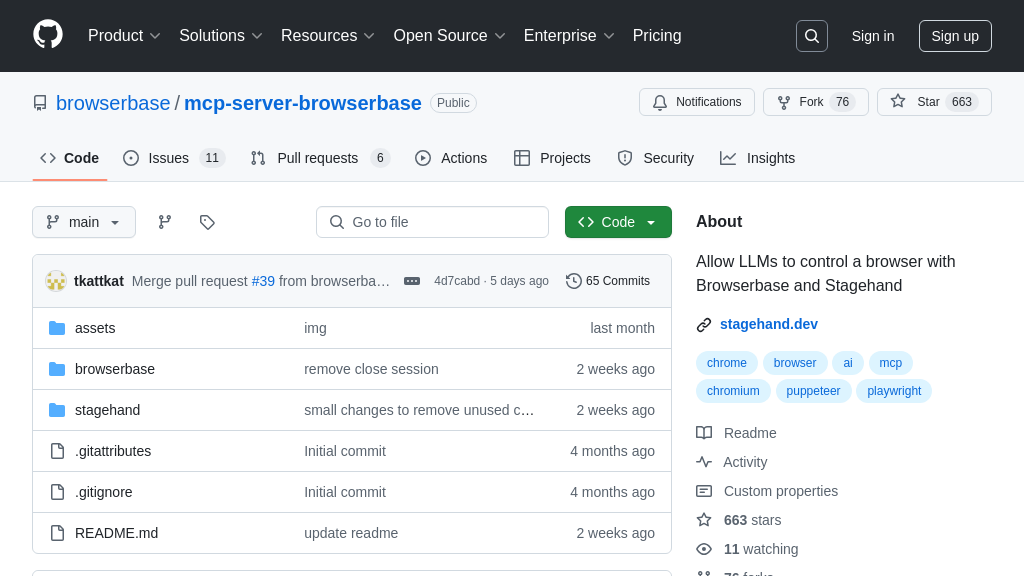sakura-mcp
Sakura-mcp: A Scala MCP client for seamless AI model integration.
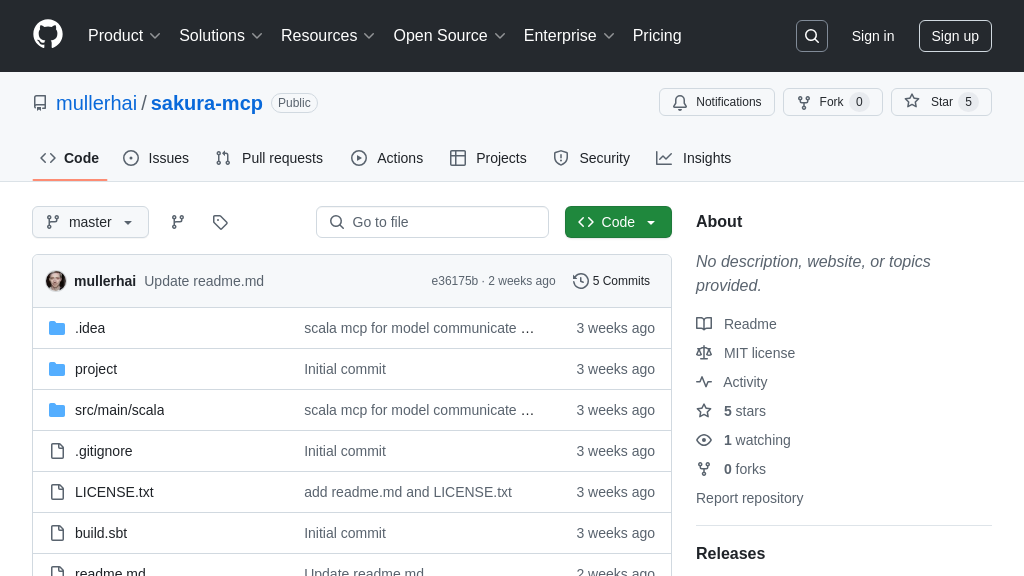
sakura-mcp Solution Overview
Sakura-mcp is a Scala library designed to streamline communication between AI models and external services using the Model Context Protocol (MCP). As a client-side solution, it offers a fluent API for constructing and sending model context requests, simplifying the process of interacting with MCP-compliant servers. The library handles the complexities of serialization and deserialization to and from JSON, ensuring seamless data exchange.
Developers benefit from Sakura-mcp's intuitive interface, which allows them to easily define model inputs, such as text or images, and configure parameters like maximum tokens or temperature. By providing a standardized way to interact with AI models, Sakura-mcp reduces integration efforts and promotes interoperability. Its support for asynchronous operations via Scala Futures enables efficient and non-blocking communication. Built for Scala developers, Sakura-mcp offers a robust and type-safe approach to integrating AI models into their applications.
sakura-mcp Key Capabilities
Fluent Model Context Construction
The sakura-mcp library provides a fluent API, leveraging Scala's builder pattern, for constructing ModelContext objects. This allows developers to define the AI model, input data, and request parameters in a concise and readable manner. Instead of manually creating complex data structures, the fluent API enables chaining method calls to specify each component of the context. This approach reduces boilerplate code and improves code maintainability.
For example, a developer can easily specify the model to use, provide text input, and set constraints like the maximum number of tokens in the response, all within a single, readable expression. This simplifies the process of preparing requests for AI models, making it easier to experiment with different configurations and integrate AI capabilities into applications. The ModelContext class serves as the central data structure for encapsulating all the information needed for an AI model request.
Asynchronous Request Handling
sakura-mcp utilizes Scala's Future to handle asynchronous communication with the MCP API. The MCPClient.send(context: ModelContext) method returns a Future[Output], allowing the calling code to continue executing without blocking. This is crucial for building responsive and scalable applications that interact with AI models. By leveraging asynchronous operations, the library prevents the application from freezing while waiting for the AI model to process the request and return a response.
The use of Future also simplifies error handling. Exceptions that occur during the API call are encapsulated within the Future, allowing developers to handle them using standard Scala error handling mechanisms. This ensures that errors are properly caught and managed, preventing application crashes and providing informative error messages. This asynchronous approach is essential for building robust and efficient AI-powered applications.
JSON Serialization/Deserialization
sakura-mcp handles the serialization and deserialization of data to and from JSON format. This is a critical feature for interoperability, as JSON is a widely used standard for data exchange between different systems and programming languages. The library automatically converts ModelContext objects into JSON payloads for sending requests to the MCP API, and it parses JSON responses from the API into corresponding Output objects.
This feature eliminates the need for developers to manually handle JSON serialization and deserialization, reducing the amount of code required and minimizing the risk of errors. By providing seamless JSON integration, sakura-mcp simplifies the process of communicating with AI models and services, allowing developers to focus on building application logic rather than dealing with low-level data format conversions. This ensures compatibility with a wide range of AI platforms and services that rely on JSON for data exchange.
